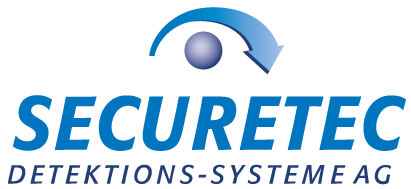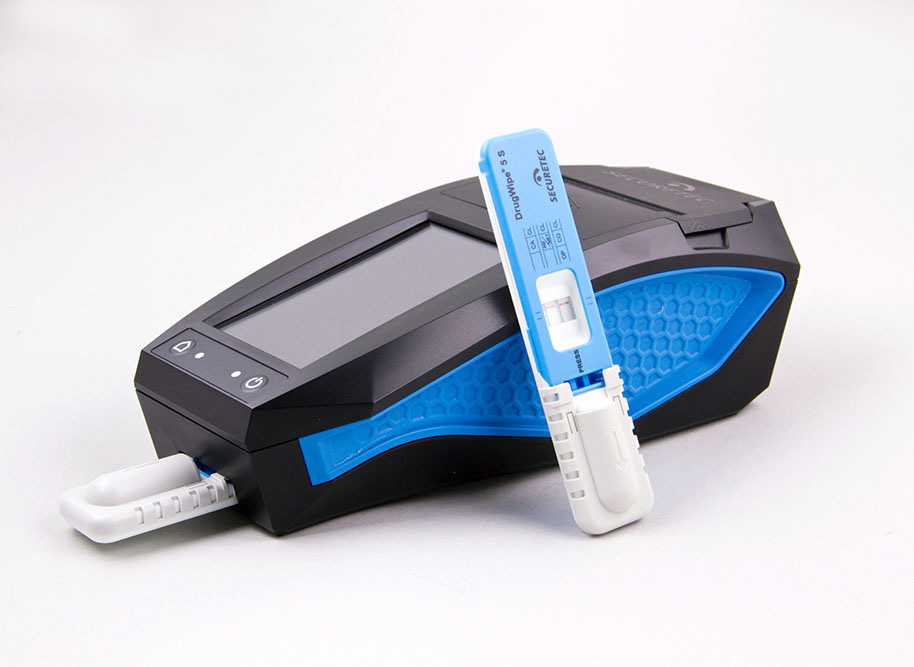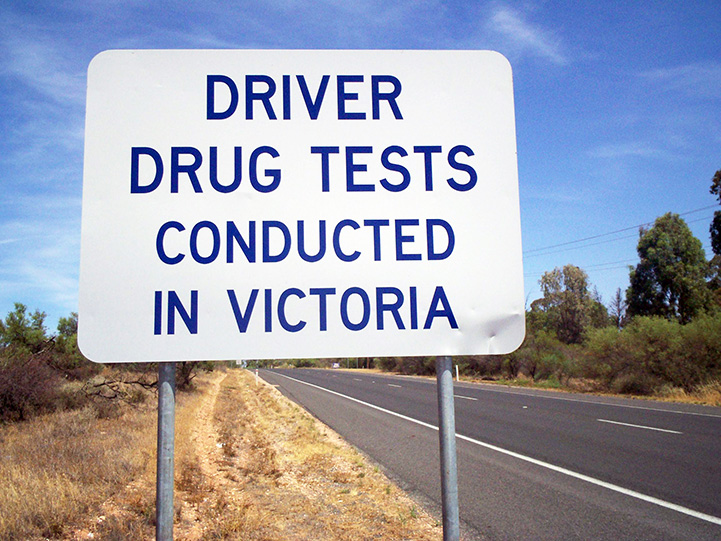
Australia – a systematic fight against drug driving
Any driver in Australia can expect to be drug-tested at any time. The State of Victoria introduced random roadside screening with the DrugWipe quick screening test in 2004. Since then, all states have implemented this consistent policy of educating and deterring drivers. A study undertaken by the Accident Research Center at Monash University in Victoria between 2005 and 2009 demonstrated just how successful this approach has been. The number of fatalities among those driving under the influence of drugs was shown to fall as the number of roadside screenings increased. The percentage of positive screening results also dropped.
A change of thinking among drug users
A study in New South Wales just two years after the introduction of roadside screening indicated that the policy of deterrence is leading to a change of thinking in Australia. The data was collected in the form of a survey among drug users. 80 percent of drivers surveyed were aware of the fact that they can be tested for drug driving at a roadside screening at any time. 61 percent said they would probably drive under the influence of drugs less frequently because of the risk of having to undergo a roadside screening.
97% acceptance for DrugWipe®
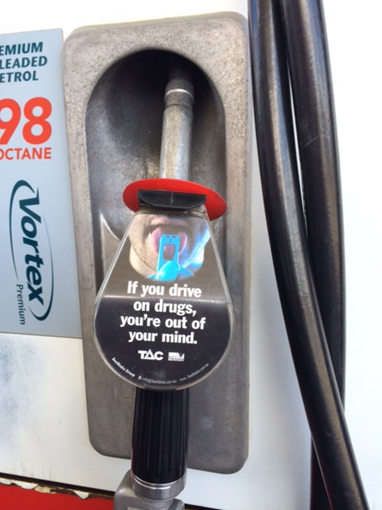
In Australia, the fight against drug driving is being waged with a large-scale media campaign, incorporating printed advertisements, roadside billboards, and TV commercials. The TV commercials in particular provide a no-punches-pulled wake-up call to the dangers of mindless drug use. This topic is very much at the fore of Australian public consciousness. Everyone has direct personal experience of undergoing roadside screening, or knows someone who does. This makes it less likely that people will want to run this risk. During screening, roads are often completely closed while police officers take a saliva example from all drivers without exception using DrugWipe. Reasonable suspicion is not necessary. If the screening result is positive, a second test is performed on-site aboard a special “drugs bus”. If this is also positive, a saliva sample is taken and sent to the lab. In Australia, saliva analysis is required by law to verify the result of a quick screening test. Results from roadside screening match results from the lab in 96 to 99.5 percent of cases.
Fast results
Surveys of individuals screened indicate that 97% were satisfied with the test equipment. The saliva test provides a simple and minimally invasive means of
sample collection. This takes some stress out of the screening situation, both for the officers and for the drivers tested. Acceptance of the screening is also high because DrugWipe produces very rapid results. When the South Australian Police surveyed individuals who were tested, 85% said they found 5 minutes acceptable and 98% endorsed the drug test.
The police screen drivers even where there is no reasonable suspicion that they are under the influence of drugs. They concentrate their efforts on areas with a large number of nightclubs and discotheques, locations where rave parties are held and frequently traveled truck routes. As a result, drug driving ends in prosecution in many cases, and more accidents are avoided. In 2016, in Queensland alone, over 50,000 screenings have been conducted, with more than 10,000 positive results. The results of a study in Victoria indicate that risk posed by drugs to road safety is being reduced thanks to large-scale roadside screenings with DrugWipe. The greater the number of screenings conducted, the lower the number of drivers killed who have drugs in their bloodstream. Based on these results, programs are set to be expanded and screenings intensified.
DrugWipe®
Australian police are combating drug driving with great success thanks to DrugWipe. The benefits:
- hygienic saliva test
- easy to use
- tamper-resistant
- fast and accurate
- large degree of willingness to cooperate
- suitable for large-scale use
